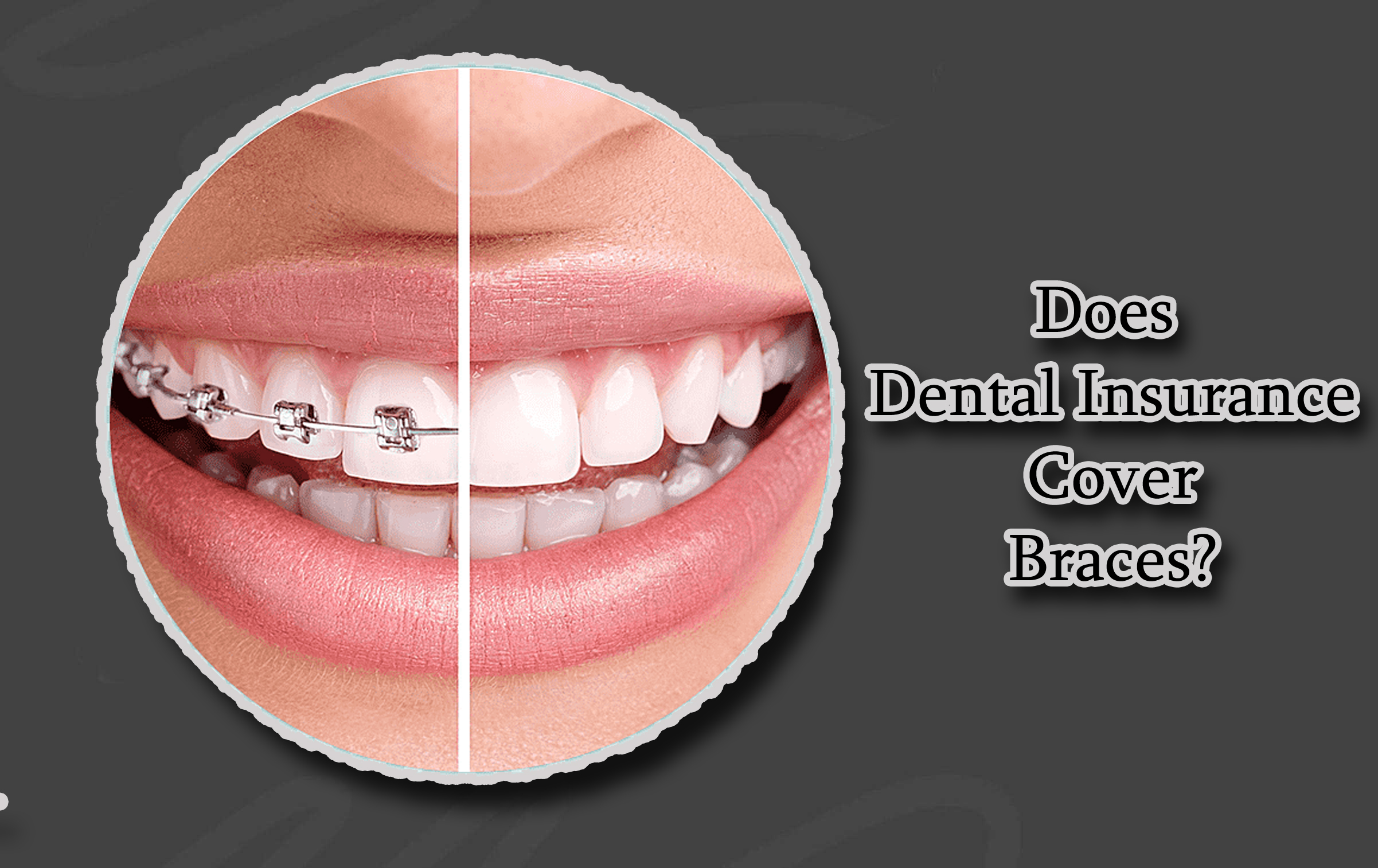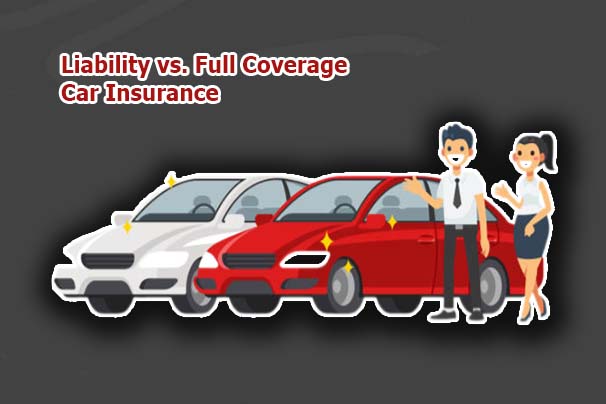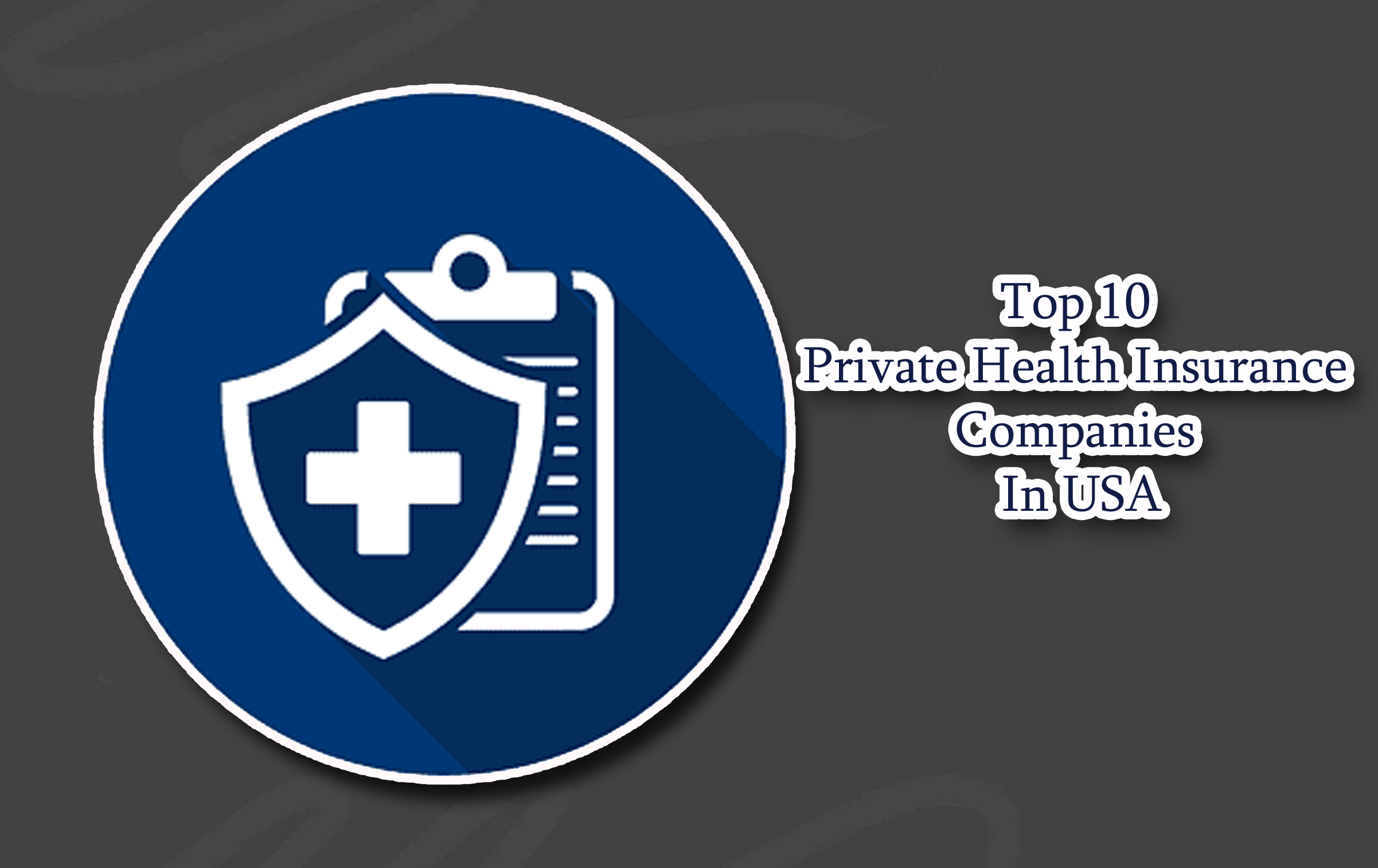Does Insurance Cover Therapy? Want to go for therapy but taking a second thought because of the cost? Do you have an insurance plan? It could be health insurance, mental health insurance, behavioral health plans, Medicare, Medicaid, Student Health plans, or even employee assistance programs. You can check if your coverage includes therapy.

Nearly 44 million adults in the United States experience mental illness each year. Yet about 60% of them do not receive mental health services. And it’s well known that mental health conditions such as depression, anxiety, PTSD, and bipolar disorder can significantly impact quality of life. For these, therapy can be a lifesaver, but it can sometimes be hard to find a good therapist.
However, if you’re considering therapy, you might be worried about your insurance coverage and out-of-pocket costs. Don’t worry; in this blog post we will explore the details of insurance coverage for therapy.
How Do I Know If My Insurance Covers Therapy?
To know if your insurance policy covers therapy, here are simple steps you can follow:
- Contact your health insurance company for a copy of your summary of benefits and coverage to see what’s covered and your potential costs. You might also find this document on your insurer’s member portal.
- If you have group health insurance through your employer, reach out to your HR department.
- For Medicare, check with the Centers for Medicare and Medicaid Services for mental health coverage details. If you have Medicare Advantage, contact your insurer for information on mental health benefits.
- If you’re on Medicaid, find information about behavioral health benefits from the Medicaid and CHIP Payment and Access Commission.
Also, if you have an ACA Marketplace plan, visit healthcare.gov for details on mental health benefits.
Does Insurance Cover Online Therapy?
Many health plans now cover telehealth for mental health visits, allowing therapy online or by phone. In 2022, a 45-minute telehealth visit was the fifth most common mental health service billed, while 60-minute in-person visits were the most common.
The pandemic increased the use of online therapy, leading insurers to cover and promote it more. By late 2022, nearly two-thirds of telehealth appointments were for behavioral health.
According to the federal Health and Human Services, most insurance providers cover telehealth services, including online therapy. For Medicare, you can receive telehealth therapy at home until December 31, 2024. After that, you’ll need to be in a rural area to get coverage for most telehealth services.
What Kind Of Treatments Are Covered?
Insurers cover just treatments that are necessary medically. Some medical services that they might cover include:
- Psychiatric emergency services.
- Dual diagnosis (co-occurring conditions).
- Talking therapies (psychotherapy, CBT).
- Unlimited outpatient sessions (may have annual limits).
- Telemedicine and online therapy services.
- Inpatient behavioral health services (may have stay or cost limits).
- Addiction treatment.
- Medical detox services.
Also, keep in mind that coverage for therapy treatments, like rehab or hospital stays, and the cost of prescribed medications can vary by plan.
Pros & Cons of Using Insurance For Therapy
There are several advantages and disadvantages to using your insurance policy to pay for your therapy. They include:
Pros
- Lower therapy costs can make it easier for you to afford sessions.
- It might also help you reach your annual deductible for other health services.
- Plus, paying less for therapy could mean you visit your therapist more frequently.
Cons
- You might need a diagnosis to get covered, which can limit treatment options for some people.
- Many experienced therapists don’t take insurance.
- You might also have to stick to a specific network of mental health professionals.
- Copays and deductibles can be high, and there might be a cap on the number of treatments you can receive each year.
Before using your insurance for therapy, the above are what you should consider. If after noting them you still want to, you sure can go ahead.
How Much Does Therapy Cost?
The cost of therapy depends on your health insurance and plan. If you have insurance, you’ll pay a copay at each visit, which your plan sets. The mental health parity law ensures that copays for mental health visits are not higher than those for other medical visits.
Most plans have a deductible you need to pay before they cover mental health services. After meeting your deductible, you might also pay a percentage of the costs, known as coinsurance, plus copays.
For exact details on what your plan covers and how much you’ll owe, it’s a good idea to contact your insurance company. On average, therapy costs about $21 for an in-network copay and $60 for out-of-network care.
If you don’t have health insurance, you might pay between $75 and $135 or more for a talk therapy visit.
How To Find Therapists?
Finding a therapist for your sessions is straightforward, and there are many places to begin your search. Here are some ways to find a therapist:
- Ask For Recommendations: Talk to your primary care doctor, friends, or family for suggestions.
- Check Online Directories: Use websites like Psychology Today, TherapyDen, or GoodTherapy to search for therapists based on location, specialty, and insurance.
- Contact Your Insurance Provider: Ask for a list of therapists covered by your insurance plan.
- Use Professional Associations: Look up therapists through organizations like the American Psychological Association (APA) or the National Association of Social Workers (NASW).
- Search Local Resources: Check community health centers, local universities, or mental health clinics for therapy options.
- Consider Teletherapy: Explore online therapy platforms if you prefer virtual sessions or if local options are limited.
Lastly, you can consider checking reviews and credentials. Read reviews and verify the therapist’s qualifications to ensure they meet your needs.








